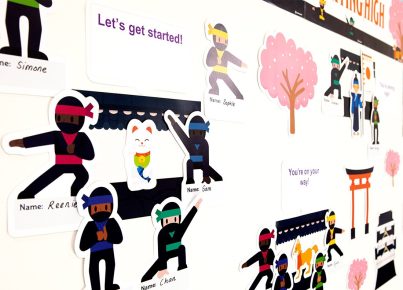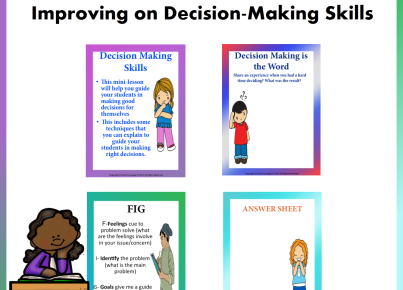As an educator, teaching at a charter school often comes with the expectation of defending your choice. You might even be subjected to endless debates on whether it’s ethical, effective, or damaging to public education as a whole. However, I stand resolute in my decision and won’t apologize (much) for teaching at a charter school. Here’s why.
1. Autonomy and innovation in teaching:
Charter schools offer freedom that traditional public schools don’t. Educators often appreciate the flexibility to develop and implement educational programs that suit their students’ needs, fostering innovation in teaching methods and curricula.
2. Emphasis on accountability:
Charter schools are held to strict performance standards and must continuously demonstrate improvements in student outcomes. This sense of accountability encourages teachers to strive for excellence, continuously learn, adapt their instruction methods, and ultimately make a greater impact on their students.
3. Parental choice in education:
A charter school allows parents to select the educational environment they feel is best suited for their children based on their learning needs and values. This choice empowers parents by enabling them to seek out an education that aligns with their expectations and aspirations for their children.
4. Smaller class sizes:
Some charter schools maintain smaller class sizes than traditional public schools, which can significantly influence student learning and academic achievement. A more intimate classroom environment allows teachers to forge stronger connections with students, provide personalized instruction, and better identify areas where students need help.
5. Targeted education services:
Many charter schools cater specifically to under-served communities or focus on addressing specific barriers that hinder access to high-quality education. This targeted approach is invaluable in transforming the lives of vulnerable or marginalized populations by providing tailored support that aims at closing achievement gaps.
Of course, countless critics raise valid concerns about charters perpetuating socioeconomic inequalities, harmful competition between schools, or diverting resources from public schools. I agree that some of these issues warrant attention and improvement. However, as an educator dedicated to shaping students’ lives positively, I cannot turn a blind eye to the unique opportunities charter schools offer. The impact I see every day in my charter school classroom reaffirms why I chose this path.
In conclusion, I firmly believe that there’s no “one size fits all” solution for education. Efforts focused on students’ best interests remain crucial, and therefore, teaching in a charter school is not something to apologize for entirely. So while I acknowledge the faults in the charter system, the benefits it provides me as an educator ensure that I never regret choosing this path.





